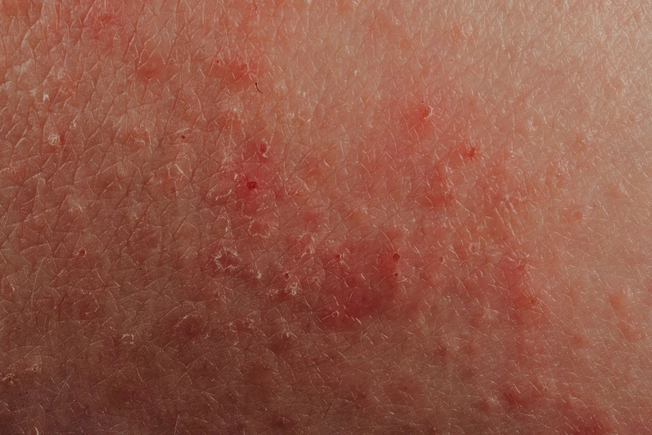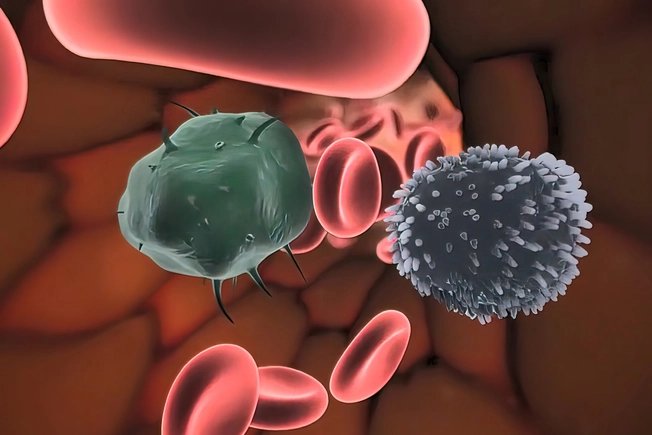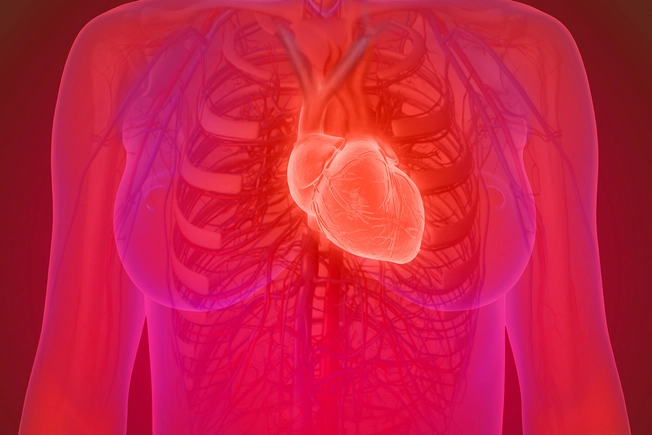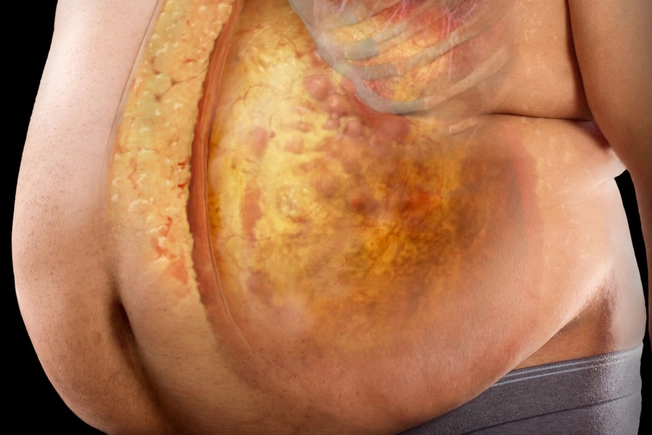- Overview
- Symptoms
- Causes & Risks
- Types of Eczema
- Locations on the Body
- Tests & Diagnosis
- Treatment
- Complications
- Living With
- View Full Guide
Eczema and Inflammation


What Is Inflammation?
The word inflammation comes from a Latin word meaning “to set on fire.” In short, it’s when your body experiences redness, swelling, heat, and pain. It isn't all bad though. Inflammation can be a response to injury or infection that helps your body heal. But too much inflammation over time causes damage.

Inflammation and Eczema Symptoms
When you have eczema, some type of trigger turns on your immune system and sets off inflammation in your skin. The damage this causes makes your skin dry and itchy.

Proinflammatory Cytokines
The inflammation process involves proteins called cytokines. These chemical messengers tell your immune system to mount a response to a threat – like an injury or an infection. But when you have eczema, for some reason you have a high number of proinflammatory cytokines. They cause inflammation when there is no real threat.

Cytokines, Eczema, and Mental Health
A surplus of cytokines may not only inflame skin, but it might also put your mental health at risk. A 2018 study explored why people with eczema have a greater risk of suicidal thoughts and attempts. Scientists proposed that higher levels of proinflammatory cytokines may disrupt the balance of chemical messengers in the brain and lead to these negative thoughts.

Inflammation and Chronic Disease
Eczema isn’t the only condition that rises out of unchecked inflammation. Researchers see a link between this potentially harmful immune response and many long-term diseases, including Alzheimer’s, asthma, cancer, heart disease, and diabetes. Your cytokine levels and inflammation can run high for several reasons.

Trigger: Lack of Sleep
When you don’t get enough sleep, your cytokine levels rise and drive up inflammation. This might help explain why poor sleep is a risk factor for a number of chronic conditions that may also involve inflammation.

Trigger: Stress
When your body is under stress, it releases the “fight or flight” hormones cortisol and adrenaline. Cortisol ramps up inflammation. In people who have eczema, stress seems to trigger the release of even more cortisol than it does in people who don’t have the skin condition.

Trigger: Belly Fat
One of the largest sources of inflammation in your body is belly fat. When you carry extra weight in this area, you also carry a higher risk for eczema symptoms.

Controlling inflammation: Flavonoids
Although the foods you eat won’t take away your eczema symptoms, certain foods can help keep inflammation at bay. Flavonoids, which you get from foods such as colorful fruits and vegetables as well as tea, are powerful anti-inflammatory compounds. Add these to your diet where you can.

Controlling inflammation: Fats
Trans fats, found in french fries, margarine, and fried foods, stoke inflammation. Omega-3 fatty acids, found in fish, flaxseed, and walnuts, dampen it. Swap out snacks of chips and fries for healthier nuts and seeds.

Controlling inflammation: Oil
Applying sunflower oil to your skin may help soothe and even reduce symptoms of inflammation and eczema. It boosts your skin’s lipid layer, strengthening the barrier between sensitive skin and offending triggers.